Introduction to Cable Tension Machines
Cable tension machines are essential tools in the construction and mining industries, designed for a variety of applications such as water well drilling, geological surveys, and mining operations. These robust machines facilitate the creation of boreholes and are instrumental in the exploration and extraction of sub-surface resources.
Types and Applications
The diversity of cable tension machines caters to different ground conditions and project scales. Some are equipped with caterpillar treads for enhanced mobility, particularly on inclined surfaces, while others may utilize rubber tires or require external transport to the site. Their applications range from drilling water wells for agricultural purposes to conducting geological explorations and facilitating open-pit mining operations.
Features and Specifications
These machines boast a variety of drilling capabilities, with some models reaching depths beyond 200 meters and others suited for shallower excavations. The drilling direction can be adjusted to vertical, horizontal, or angled, depending on the project requirements. The efficiency of drilling is influenced by the machine's power and the terrain's hardness, with hole diameters typically ranging from 90mm to 200mm.
Components and Materials
A standard cable tension machine may include an air compressor, mud pump, and a selection of drilling rods, connectors, and a drilling tower. The construction of these components often involves robust materials capable of withstanding the rigors of drilling operations. Drill bits, which are central to the machine's function, come in various shapes and sizes, such as diamond bits, alloy ring-shaped bits, 3-wing alloy bits, PDC bits, and hammer bits, each employing different drilling techniques.
Advantages and Selection
The advantages of using a cable tension machine are evident in its versatility and efficiency. Smaller units are portable and suitable for light applications like farm irrigation or residential water supply, while larger models offer the speed and power necessary for commercial projects. When selecting a machine, it is crucial to consider the specific requirements of the job at hand, including the depth and diameter of the drill, the type of terrain, and the desired mobility of the equipment.
Choosing the Right Machine
For businesses looking to procure a cable tension machine, it is important to assess the scope of work and select a model that aligns with the operational demands. The platform offers a variety of machines, each with different features to suit various drilling needs. By carefully evaluating the specifications and capabilities, buyers can find a machine that effectively meets their project's requirements.








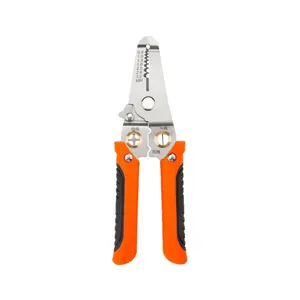

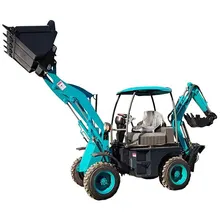
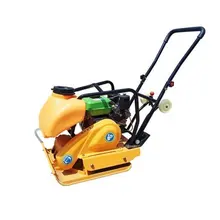
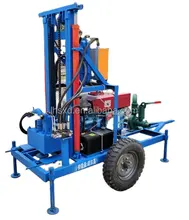




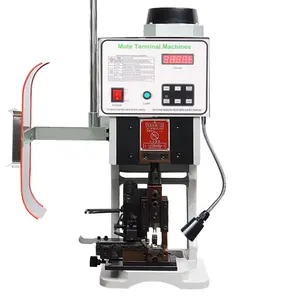

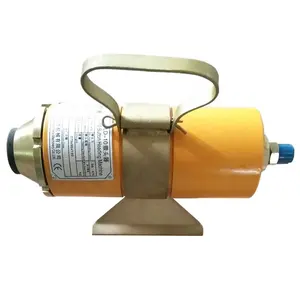












 浙公网安备 33010002000092号
浙公网安备 33010002000092号 浙B2-20120091-4
浙B2-20120091-4